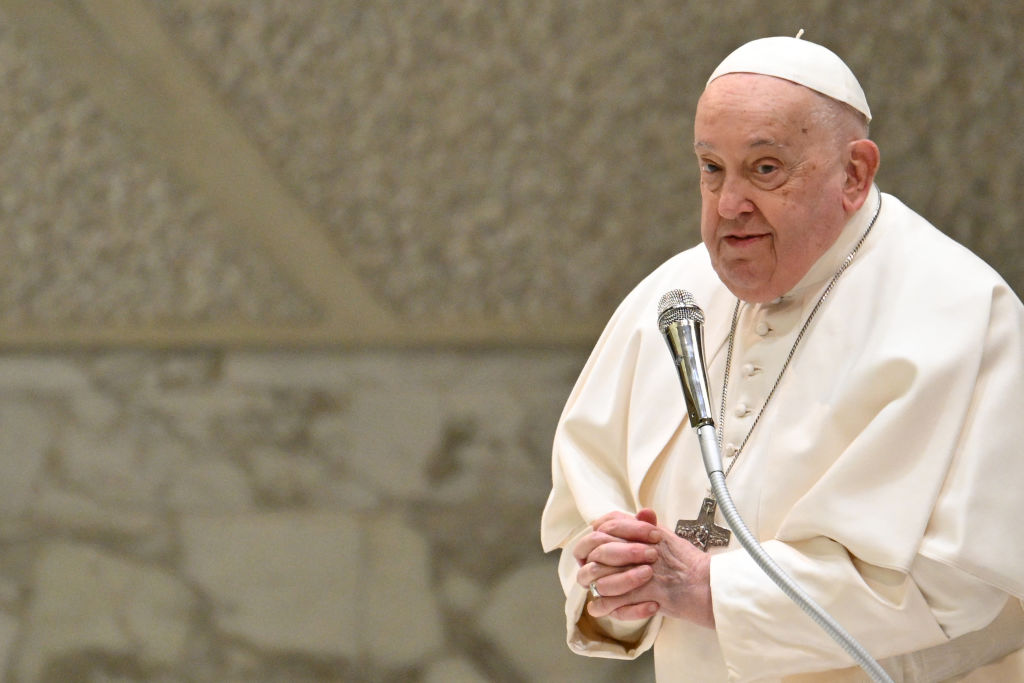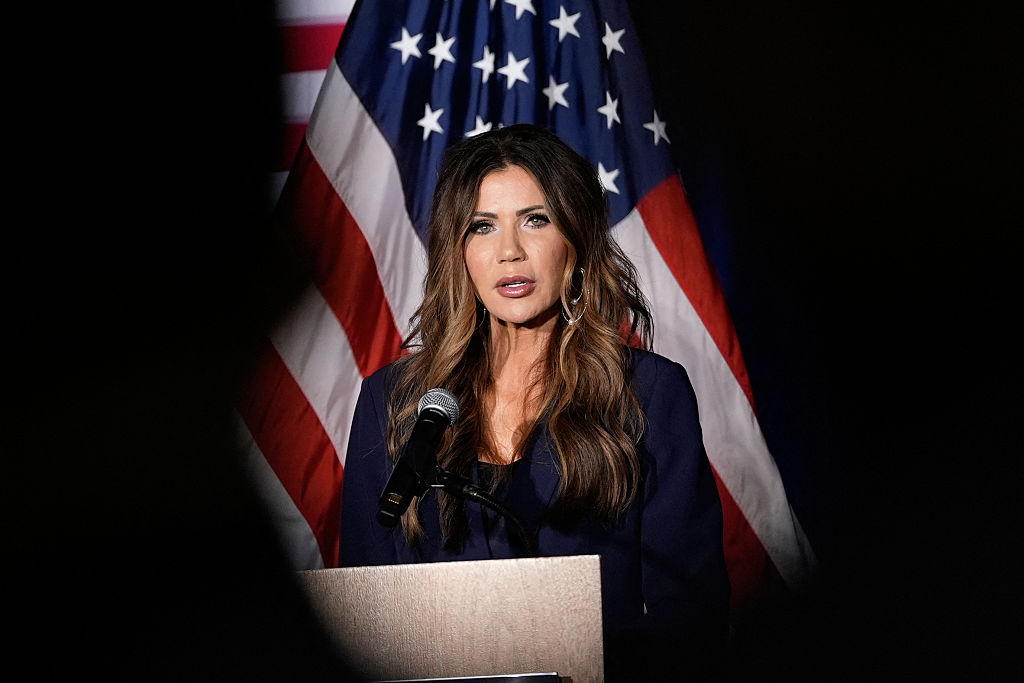Everyone in the world, it seems, believes they’re entitled to an opinion on US immigration policy. That includes Pope Francis. The Supreme Pontiff made clear his displeasure with the administration’s resetting of America’s approach to immigration in a letter addressed to the US Catholic bishops, but clearly directed against the new Trump administration’s efforts to enforce existing US immigration laws — with a particular emphasis on deporting immigrants who are criminals or who have committed crimes as well as others judged not to have valid claims to refugee status.
In itself, the content of the Pope’s letter was unremarkable, if you read it in light of the Church’s established teaching on immigration — and if you interpret some of the letter’s more equivocal passages in ways consistent with Catholic moral teaching.
Contrary to what you might hear from activist clerics who long ago swapped out their Catholic faith for various left-wing causes, the Catholic Church does not believe in open borders. In fact it affirms that nation-states have the right and responsibility to decide their own immigration policies in light of said nation’s common good.
Even the “right to migrate” is treated as a highly conditional right in Catholic teaching. Pope Francis himself has said in other settings that some migrants are going to have to “go home.”
That said, the Pope’s letter was seriously imprudent — not least because it highlights the fact that Francis has a major consistency problem in the area of international relations.
Why, some might ask, has the Pope not written a letter to the bishops of China condemning the persecution of Catholics and other believers in that country? Why has the Holy See entered into a shameful agreement with a totalitarian regime that has reduced much of the Church in China to just another Beijing puppet? Why has the name “Jimmy Lai” never been uttered once in public by the Pope?
Then there is Francis’s apparent reluctance to say very much that is openly critical of leftist Latin American regimes in countries such as Venezuela that have embarked on aggressive campaigns against the freedom of the Church.
Speaking of the left, I don’t recall the Pope writing a letter to the US bishops decrying the Biden administration’s aggressive pushing of abortion and the transgender madness on the rest of the world. And where is the Pope’s letter to the bishops of England and Wales supporting them and others of all faiths and none in their fight against efforts to legislate into law some of the worst euthanasia protocols that have ever been penned?
These are just a few cases illustrating that Pope Francis’s commentary on the internal affairs of other nations is rather selective and marked by more than a little of the sentimental humanitarianism that has consistently undermined him and the authority of his office from the start of his pontificate. And if you have any doubts about how odd some of those reflections are, I’d suggest that you ask your average Ukrainian Catholic their opinion of some of the pope’s frankly bizarre commentary on the history of Russia.
In the end, for run-of-the-mill orthodox Catholics like myself, Pope Francis is the Pope. Hence, I pray for him every day. I also read with due deference what he says and writes. But much of that reading, I’m afraid, confirms my conviction that Francis’s take on the state of the modern world and what this means for the Church is deeply flawed and has inflicted considerable damage on the Church’s ability to bring people to what I believe is the fullness of capital “T” Truth — as demanding but also as liberating as that Truth is.
In that sense, Francis’s immigration letter is symptomatic of some of the deeper failures of this papacy that the cardinals who elect the next pope will be acutely aware of— and have a solemn responsibility to correct.


























Leave a Reply